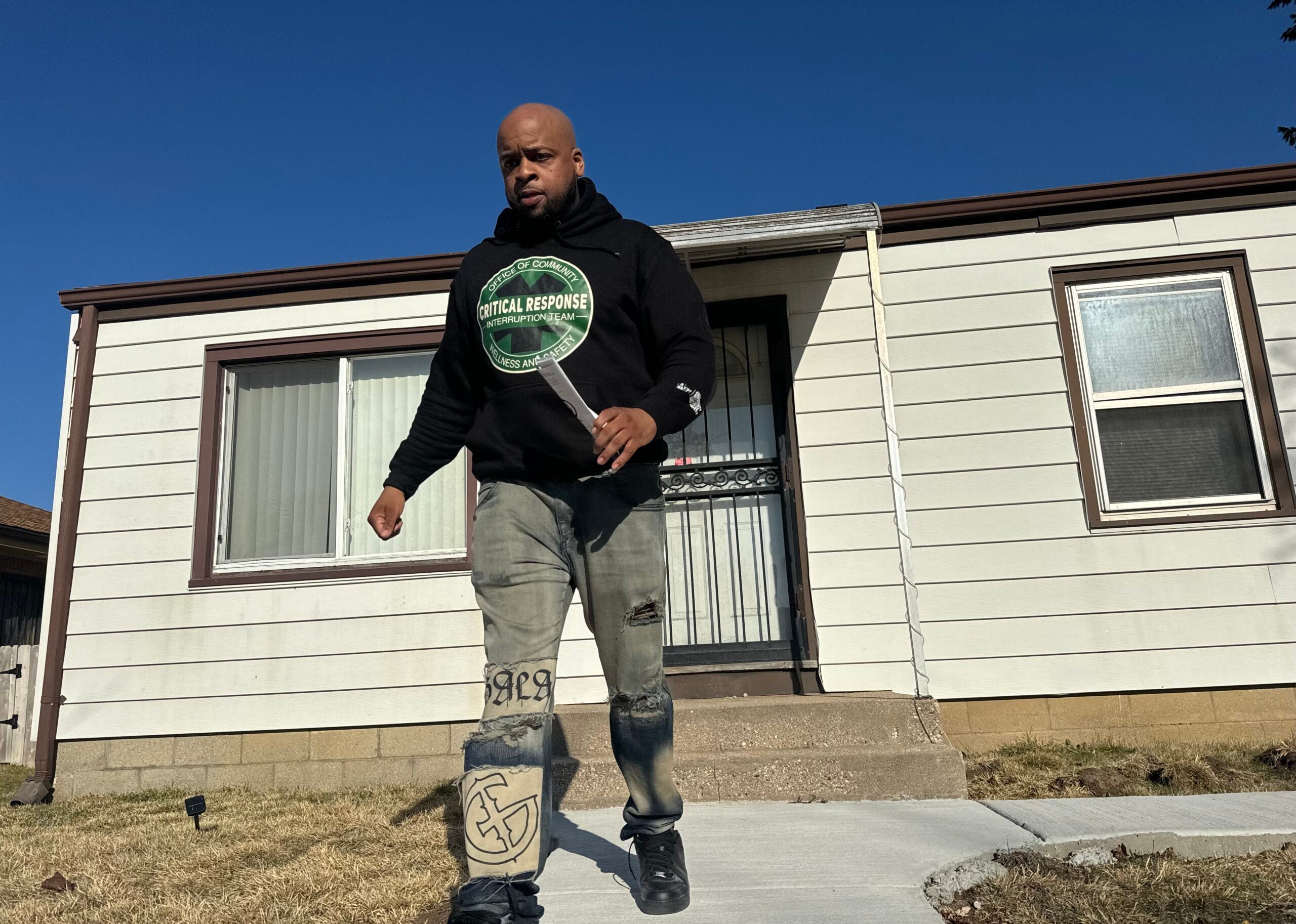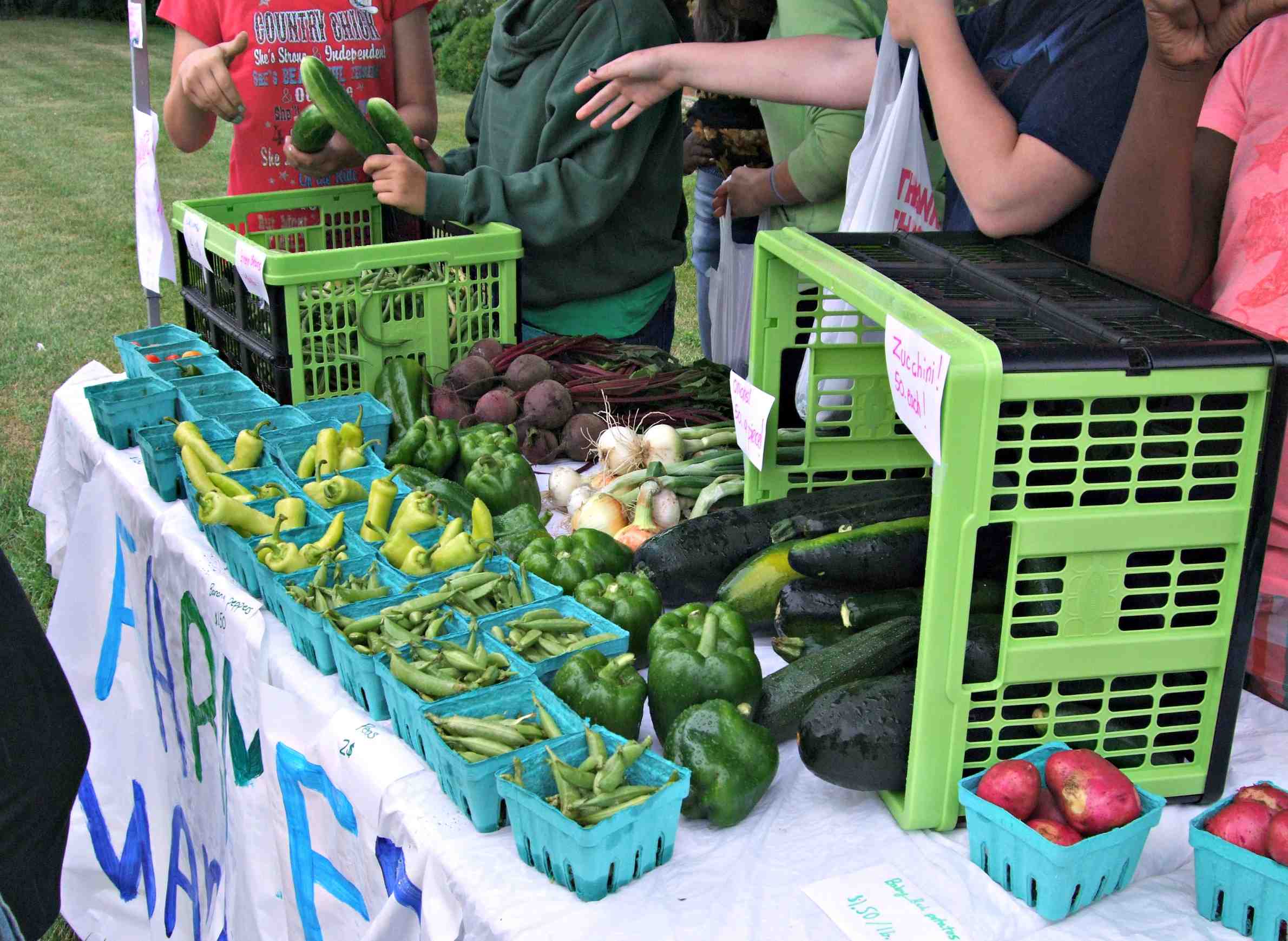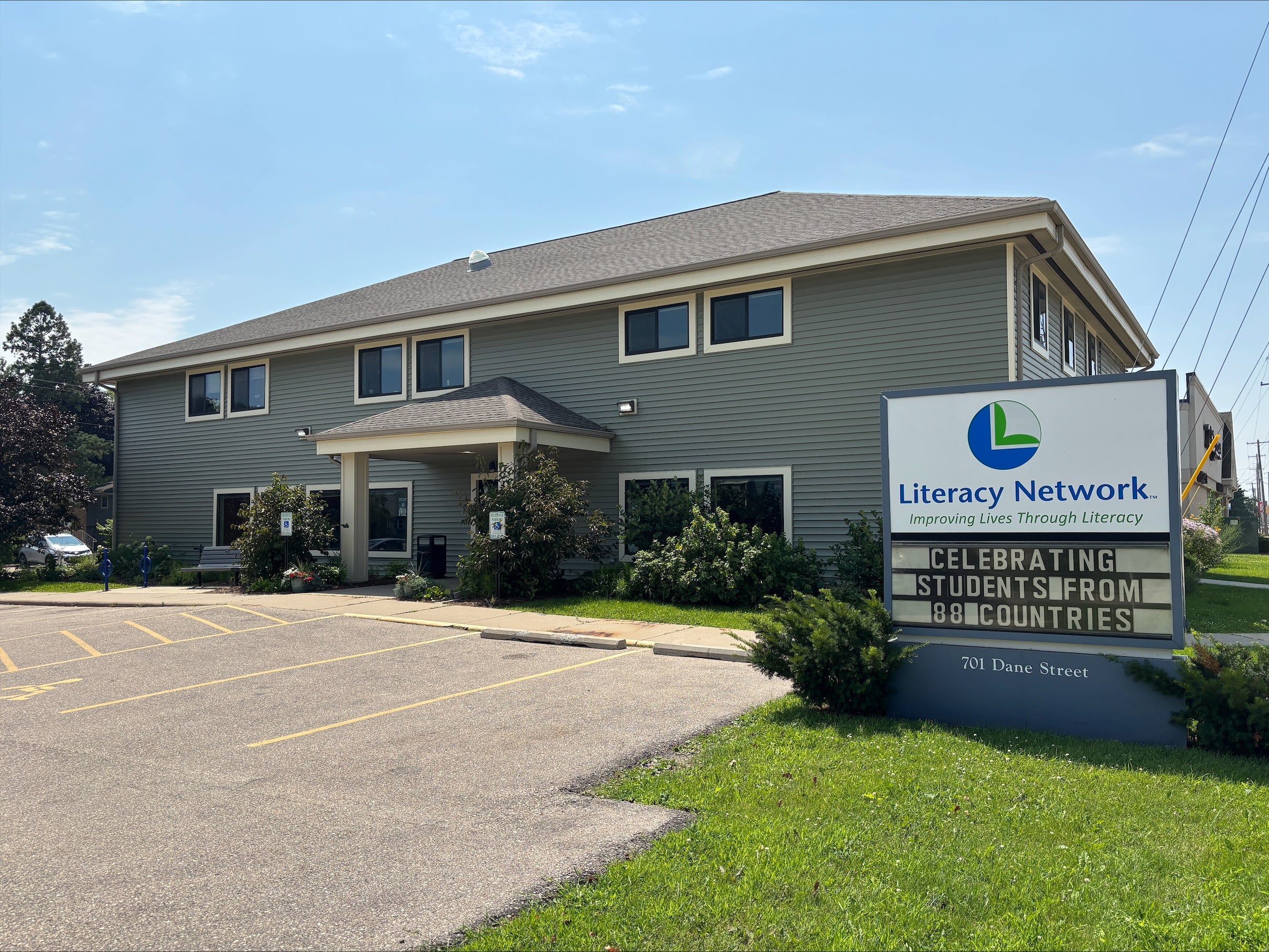“Adulting” is how many young people refer to the myriad ways they’re required to adopt the life skills of grown-ups. Unfortunately, these skills — from buying groceries, signing leases and paying taxes — aren’t always taught before they’re needed.
Offering classes under the broad umbrella of “independent living skills” are people like Amanda Kostman, a family living educator with the University of Wisconsin-Extension’s Human Development and Relationships Institute.
“At the beginning of my classes, I survey students to find out what they want to know,” Kostman said recently on WPR’s “The Larry Meiller Show.”
News with a little more humanity
WPR’s “Wisconsin Today” newsletter keeps you connected to the state you love without feeling overwhelmed. No paywall. No agenda. No corporate filter.
“Sometimes that takes us to a laundromat, and we learn how to do laundry. I might take them to a car dealership to find out how to buy a car. It could be how to eat healthy, go grocery shopping on a budget,” she said. “We work through all those different skills that people need as an adult to be successful.”
Kostman works primarily in Walworth County, but she said there are UW-Extension educators in most of the other 71 counties of Wisconsin.
“Sometimes they are 4-H educators or youth development educators,” she said.
Kostman said she taps the expertise of her community.
“We have an attorney who does a great job talking to kids about rental issues, like signing a lease, but also (what to do when) you’re pulled over (by law enforcement ), and how to retain an attorney. We bring in somebody from the health care field to talk about insurance — how to get it, how to talk with your doctor,” Kostman explained. “If we can give kids the opportunity to really hear from people in these professions, they feel more prepared to have those conversations.”
State residents aren’t limited to the programs offered in the county where they live. Online programs available through the UW-Extension website include programs for adults as well as people approaching adulthood.
Rent Smart
One such program is Rent Smart, which helps renters and landlords understand their rights and responsibilities.
“We even go through a sample lease in detail — through a scavenger hunt to make it fun,” said Kostman, co-chair of the team that runs Rent Smart statewide.
She said some people are court-ordered to complete the Rent Smart program. And there are housing authorities in the state and some landlords who will grant one-year positive rental histories to those who complete it.
Financial literacy
Money Smart in Head Start is an Extension program that teaches parents how to talk to their kids about finances starting at a young age.
Another online Extension resource is Money Matters, which teaches the basics of personal finances. Modules include “money management and budgeting,” “credits and loans,” “health insurance” and “making your money work for you.”
Wisconsin recently started requiring high school graduates to take a half credit of personal financial literacy. It is up to individual schools, however, to determine how the subject is taught.
“So many of our young people say they don’t feel prepared to manage their money in a positive manner,” Kostman said. “We have a train-the-trainer program, so teachers can learn how to be a Rent Smart facilitator and get what they need to talk about what is most appropriate for their classrooms and students.”

Planning AHEAD
Kostman’s institute also addresses intergenerational family relationships, including issues related to aging parents and grandparents. Planning AHEAD is a program with planning for retirement tools, including end-of-life directives for yourself or for loved ones.
Kostman said she and her fellow Extension educators are designing a independent living skills curriculum.
“It will be focused primarily on youth that are placed outside the home through social services,” she said, “but it’s going to be really applicable to anybody.”
In-person approach
Kostman primarily teaches financial literacy classes to high school students and young families in Walworth County, but she said she’s responsive to the needs of whoever she’s teaching wherever she finds them.
“I like to work where I can reach the people the most effectively. Sometimes that might be in a homeless shelter,” she said. “It could be anywhere, like the public library, (if that’s where they’re) comfortable enough to learn.”
“I worked with juvenile justice programs,” she added, “helping people develop financial skills and communication styles. I really wanted to help kids before they started getting into trouble, and help families before they got into trouble.”
And the feedback she gets is rewarding.
“I hear so many positive stories that these classes are really changing lives and the relationship young people have with their money,” Kostman said.







